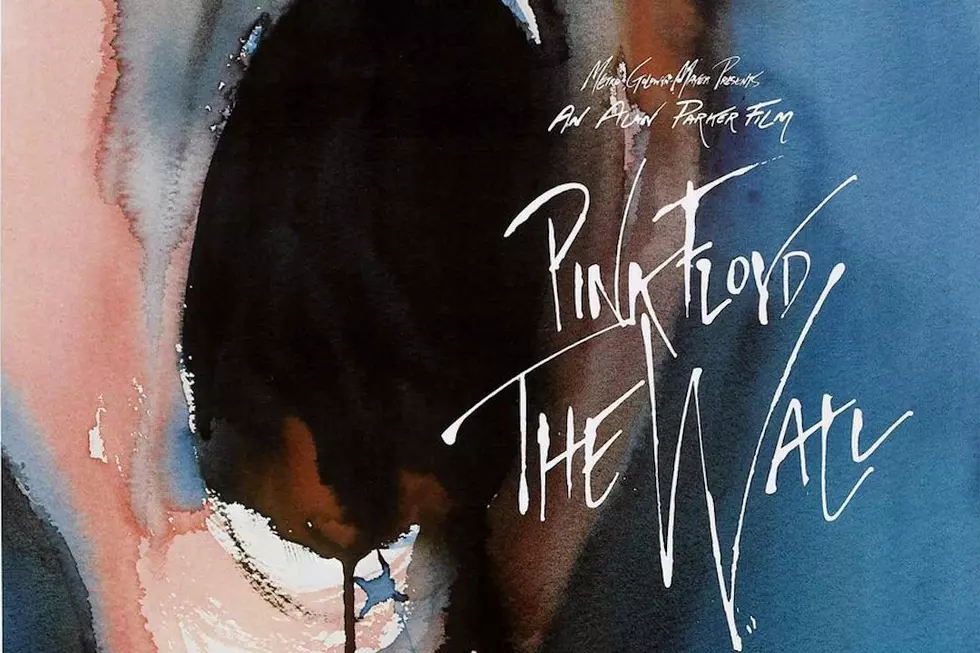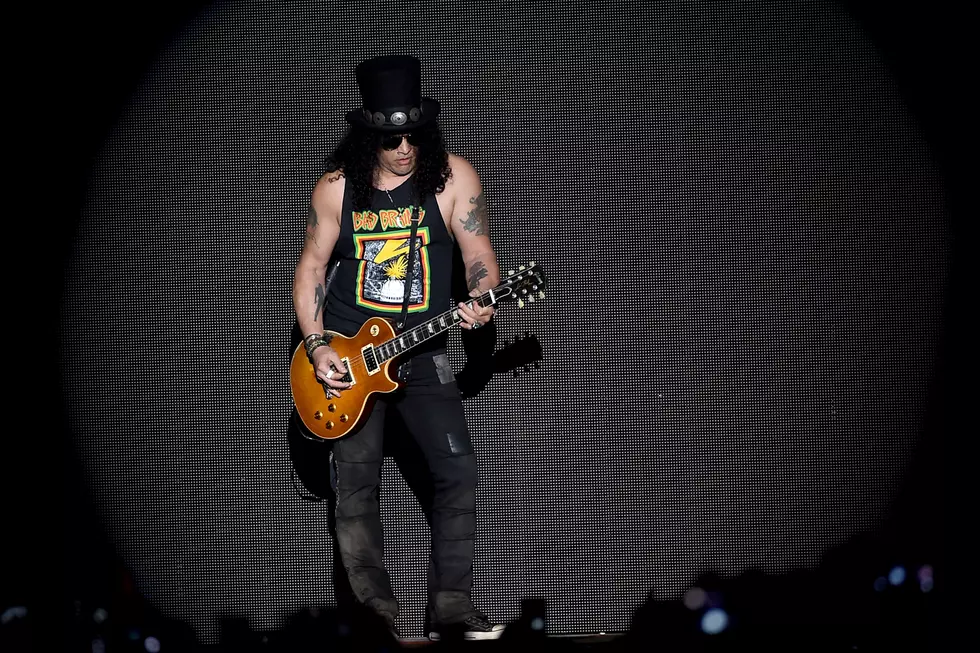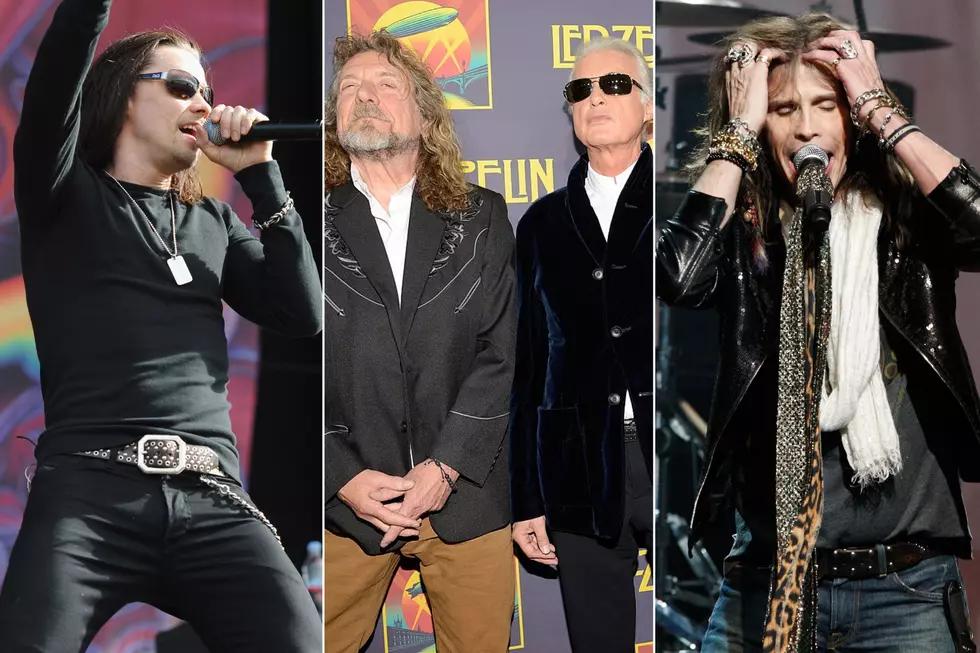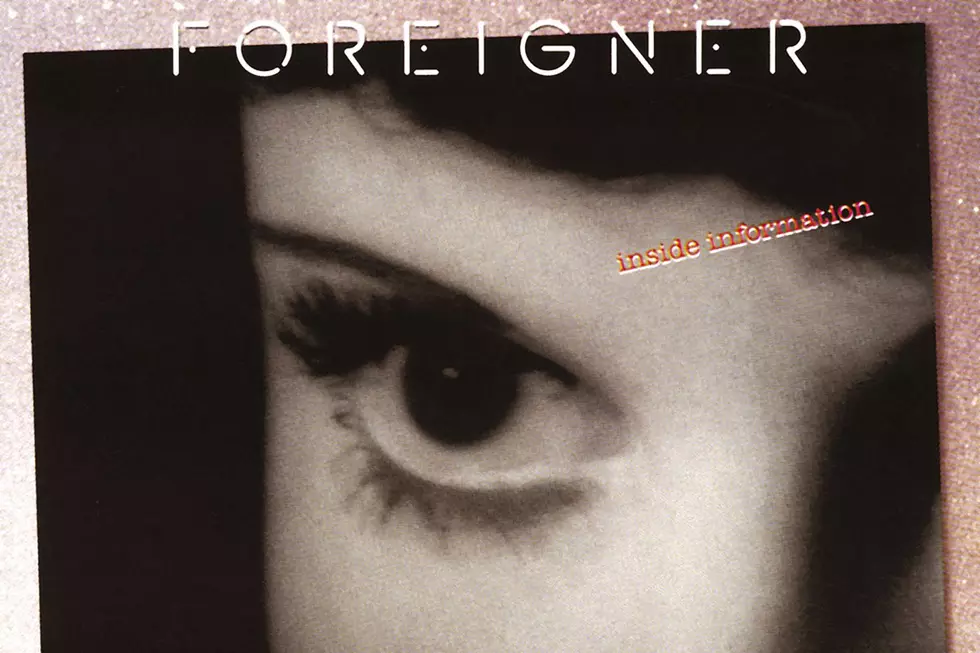
Could Freddie Mercury Have Created ‘Bohemian Rhapsody’ Today?
Peter Freestone, who spent 12 years as Freddie Mercury’s right-hand man, said he doubted a song like “Bohemian Rhapsody” could be made today due to changes in the music industry.
He explained that the late Queen singer had a way of working that might not be tolerated in the modern world, and so the ideas he brought to the groundbreaking 1975 hit would have struggled to survive all the way to the final piece.
“It wasn’t designed as the most extraordinary, most elaborate six-minute track,” Freestone told Produce Like a Pro in a recent interview. “I do believe it was an amalgamation of two or three tracks that [Mercury] had thoughts about, but he didn’t know where any of them would go. It wasn’t until he got into the studio that things started coming together.”
He noted that he didn't know how Mercury would "work in this day and age. Nowadays everybody records everything on their computer at home, then goes to a studio to have it mixed. Freddie refused, always, to have any sort of equipment at home. He had his piano that he composed ‘Bohemian Rhapsody’ on; that was there. But there was no equipment. Home was home – that was his quiet life away from work.”
Freestone recalled that Mercury “needed an emotional jolt” before beginning a studio session. “He would create an argument before he went to the studio, so that he would go there fuming," he noted. "And he would create some of the most amazing things.”
He described the iconic frontman as “one of the very few people who had taste and could afford it,” and that “he knew he had the money; he wanted people to enjoy it,” once he’d achieved success.
Citing an example of the two sides of Mercury working together, Freestone remembered one time the singer "came downstairs, complaining bitterly that he had no cologne, nobody cared about him, nobody bought him anything – which basically meant he had three half-bottles. [He said,] ‘I’m going out to sort something out for myself.’ So he went out with his driver; they went to Harrods.
“He came back with two bags from Harrods and he looked through them, and took out one one bottle of cologne, ‘See? I’ve bought this for me. This is mine.’ Then he proceeded to give everybody including the cleaning ladies … perfume, colognes, things. That was just the way he was.”
Freestone said he believed the pair understood each other because they’d had similar upbringings, both having spent several years, separately, in boarding schools in India. “I understood why he didn’t have to call his parents every day,” he said. Despite a general social attitude of keeping strong family ties, “if you go to a boarding school, you know that family are there, they exist, but it’s the friends you spend every day of the week with that become more important. You rely on your friends. You don’t rely on the family that are a few thousand kilometers away.
“So I never questioned that he didn’t ring his mother every week or didn’t ring her every day. When he was in the U.K., he would see her once every three months. … She wanted to see him … and so he went over to spend some time with them. It didn’t mean he loved them any less. It’s just that family was compartmentalized. … Freddie never mixed family and the rest of his life, the music side, his private life.”
The Mercury biopic Bohemian Rhapsody is in theaters now.
More From Sasquatch 92.1 FM










